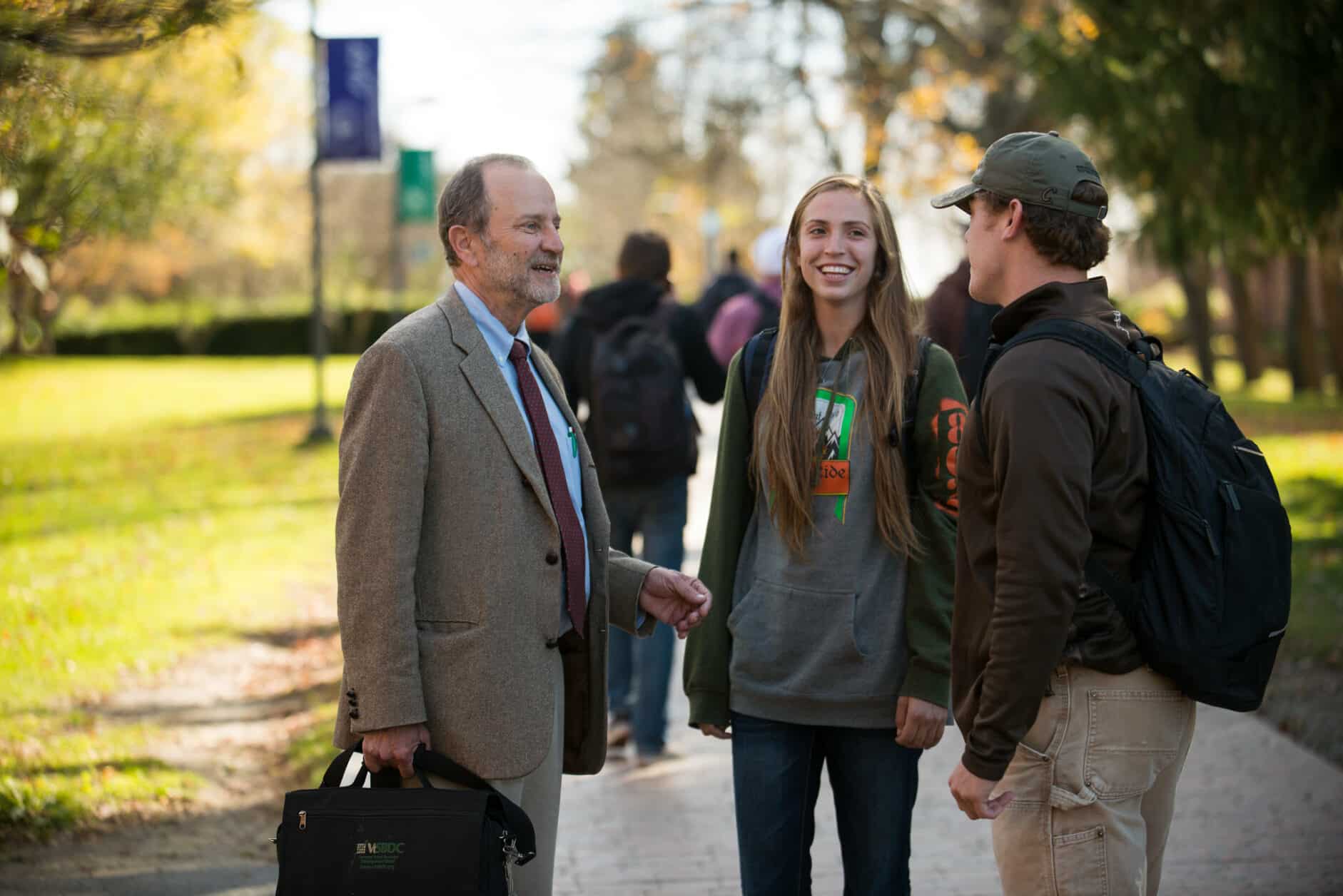Interdisciplinary Studies
A student with a Bachelor of Science in Interdisciplinary Studies with a focus on Career and Technical Education will be able to:
- Use their understanding of learning and development theory (cognitive, linguistic, social, emotional, or physical) to design appropriate learning experiences
- Use their understanding of individual differences to design inclusive learning experiences
- Use their understanding of diverse cultures and communities to design inclusive learning experiences
- Design learning environments that support individual learning marked by active engagement
- Design learning environments that support collaborative learning marked by positive social engagement
- Accurately communicate central concepts of the discipline they teach
- Accurately address common misconceptions of the discipline they teach
- Engage learners in applying perspectives from varied disciplines in authentic contexts, such as local and global issues
- Integrate cross-disciplinary skills such as critical thinking, creativity, and collaborative problem solving to help learners demonstrate their learning in unique ways
- Implement multiple methods of assessment to monitor learning progress in order to inform and adjust instructional practice
- Plan instruction by drawing upon their knowledge of content areas to meet rigorous learning goals
- Plan instruction by drawing upon their knowledge of learners to meet rigorous learning goals
- Use a variety of instructional strategies to make the discipline accessible for diverse learners
- Use a variety of instructional strategies to encourage learners to build skills in order to apply knowledge in meaningful ways
- Engage in ongoing professional learning
- Practice their profession in a legal and ethical manner
- Collaborate with learners, families, colleagues, other school professionals, and community members to ensure student learning
- Advance the profession through advocacy, leadership, and active research
In addition to completing general education requirements for a bachelor’s degree, the student completes a combination of technical courses based on the degree emphasis. That includes lab or hands-on components to build troubleshooting and problem-solving skills and provide exposure to course topics; integration of theoretical topics with practical skills; at least one multi-course sequence consisting of 1000- and 2000-level courses; 12 credits minimum at the 3000 and 4000 levels; and a capstone experience which requires the student to call upon the comprehensive skills and knowledge gained in the program.
EDU 2051 Teaching Methods I 3
EDU 2052 Teaching Methods II 3
EDU 2135 Instruction for Students with Special Needs 3
EDU 2200 Assessment in the CTE Classroom 1
EDU 2802 Educational Externship 1
EDU 3051 Teaching Methods III 3
EDU 3052 Teaching Methods IV 3
EDU 3115 Issues & Trends in Technical Education 3
EDU 4600 Education Capstone 1
PSY 2110 Educational Psychology 3
EDU 3XXX Elective 16
Enrollment in these courses requires the permission of the Program Director.

